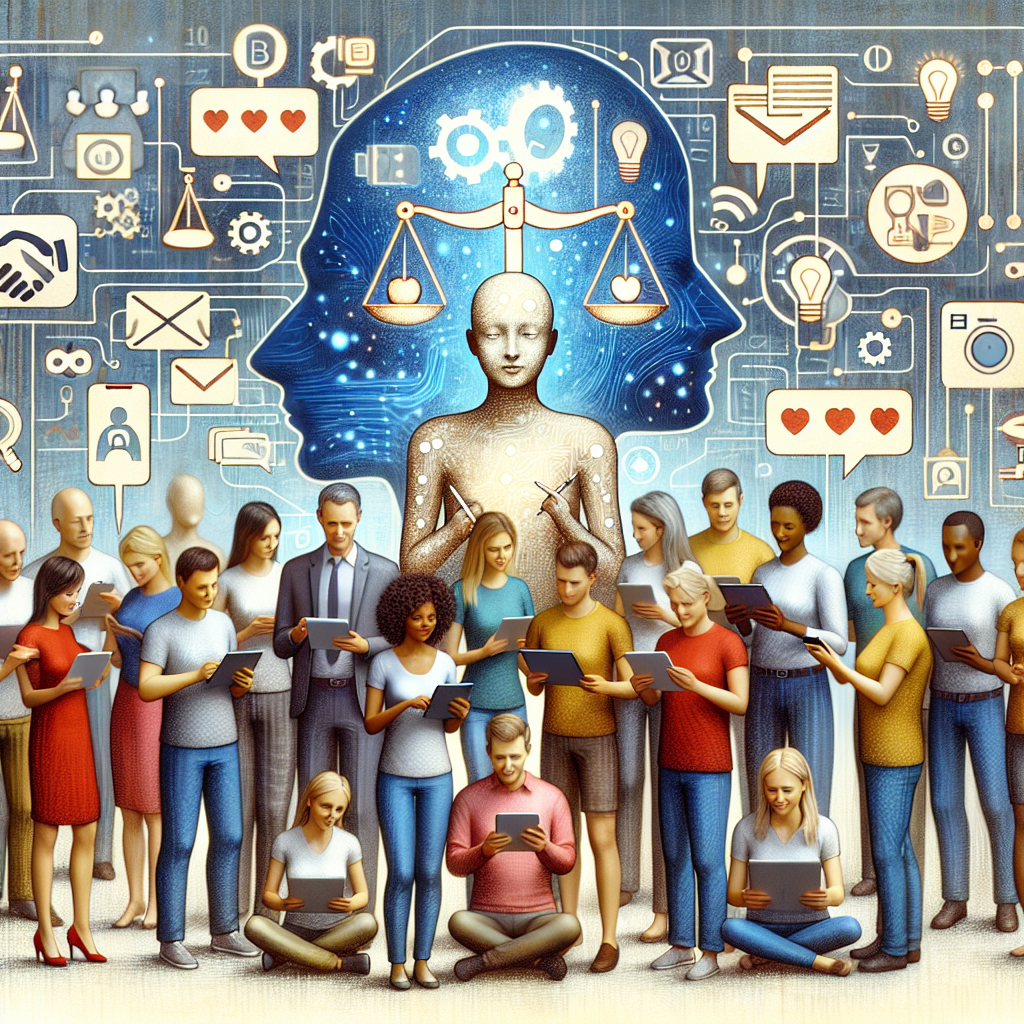In an era where technology endlessly shapes and reshapes the boundaries of businesses, the vision of artificial intelligence (AI) as foundational to corporate strategy gains new ground. A prominent example of this trend is Oren Michels’ latest venture, which proposes a shift in paradigm from traditional APIs to AI agents. Michels, known for his role in founding Mashery – a pioneer company in management tools for APIs that was acquired by Intel in 2013 – is embracing an innovative trajectory that could redefine how businesses interact with technology.
Announced in a recent article by Startup News titled “AI Agents Are the New APIs: Mashery Founder’s New Company,” Michels is embarking on launching a company that specializes in utilizing AI agents as business facilitators. These AI agents are envisioned not merely as tools but as proactive entities that execute tasks and enable complex decision-making processes, paving the way for deeper integration and smarter interfaces in business technologies.
The concept rests on the belief that AI can do much more than streamline processes; it can act autonomously to solve problems, predict user needs, and manage data in dynamic ways that traditional APIs, which primarily facilitate connections between different software programs, can’t match. According to the article, Michels’ approach involves AI that takes initiative, learning from interactions and potentially transforming how businesses engage with their digital infrastructure.
Michels’ perspective is that as businesses increasingly rely on digital processes and data analytics, the static nature of traditional APIs limits their potential for growth and adaptation. In contrast, AI agents, with their dynamic learning capabilities, offer a more scalable and flexible solution. They represent a shift from merely connecting systems to empowering systems to think and act, which can lead to innovations in automation and efficiency.
This new venture is riding on the back of advancements in machine learning and natural language processing technologies, which have made significant strides in recent years. These technologies enable AI agents to understand and predict user behavior, making them particularly useful for companies looking to enhance customer experience or streamline service operations.
In his interview with Startup News, Michels emphasized the importance of rethinking the role that AI can play in modern businesses, moving away from the traditional models and toward a more integrated approach. He mentioned the potential for these AI agents to become ubiquitous in every sector, suggesting a future where AI could serve as personal assistants in the workplace, enhance cybersecurity measures by predicting threats, or even manage supply chains with unprecedented efficiency.
The implications of Michels’ venture are broad, signifying a potential shift in how businesses across industries would operate. If AI agents can indeed surpass the limitations of traditional APIs, they could redefine what it means to integrate technology into business operations, ushering in a new age of digital intelligence.
However, the leap from APIs to AI agents also places demands on businesses to adapt to new technologies, requiring upgrades in their digital infrastructure and possibly reshaping their workforce to ensure that employees are AI-savvy. Furthermore, as with all AI-driven initiatives, concerns around privacy, ethical use of AI, and the potential for job displacement need rigorous attention and discussion.
The continued evolution from static to dynamic, from APIs to AI agents, in business technology reflects our broader journey into the depths of the digital age. Michels’ new venture not only highlights an innovative business model but also prompts a thoughtful consideration of the future direction of corporate technology strategies. As industries grapple with these transitions, the guiding question remains not just about how AI can serve business, but how it can do so responsibly and sustainably.



